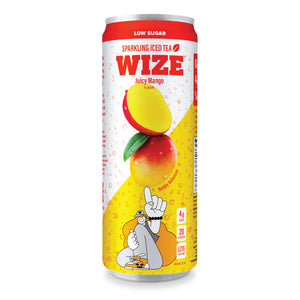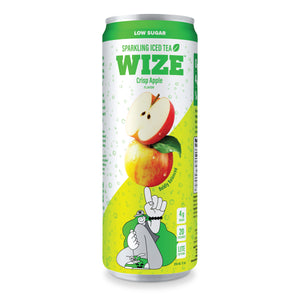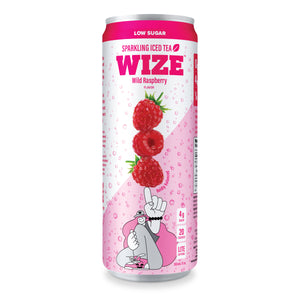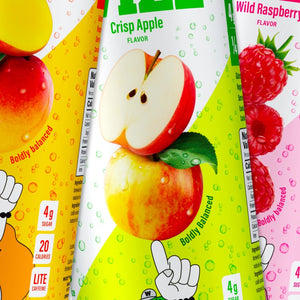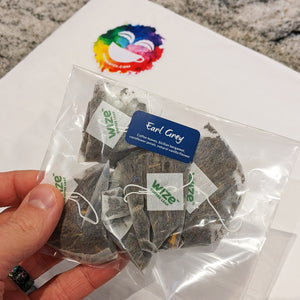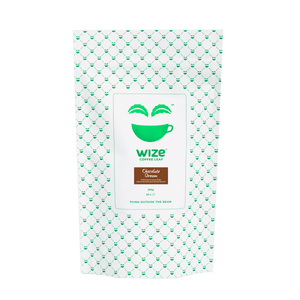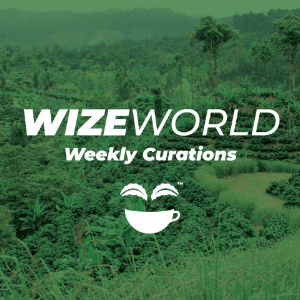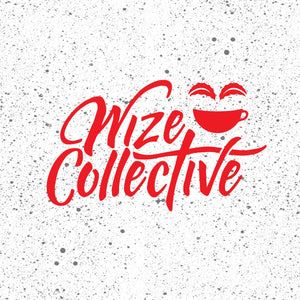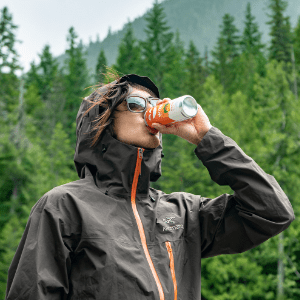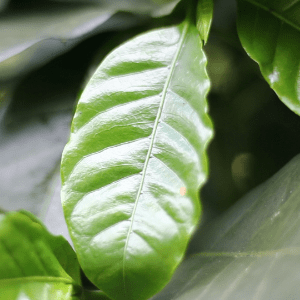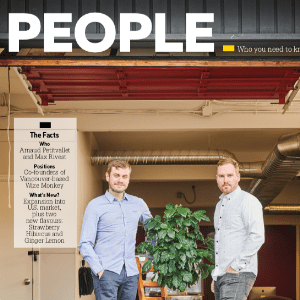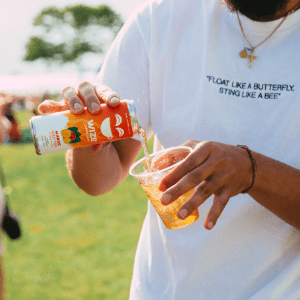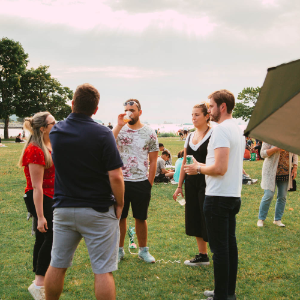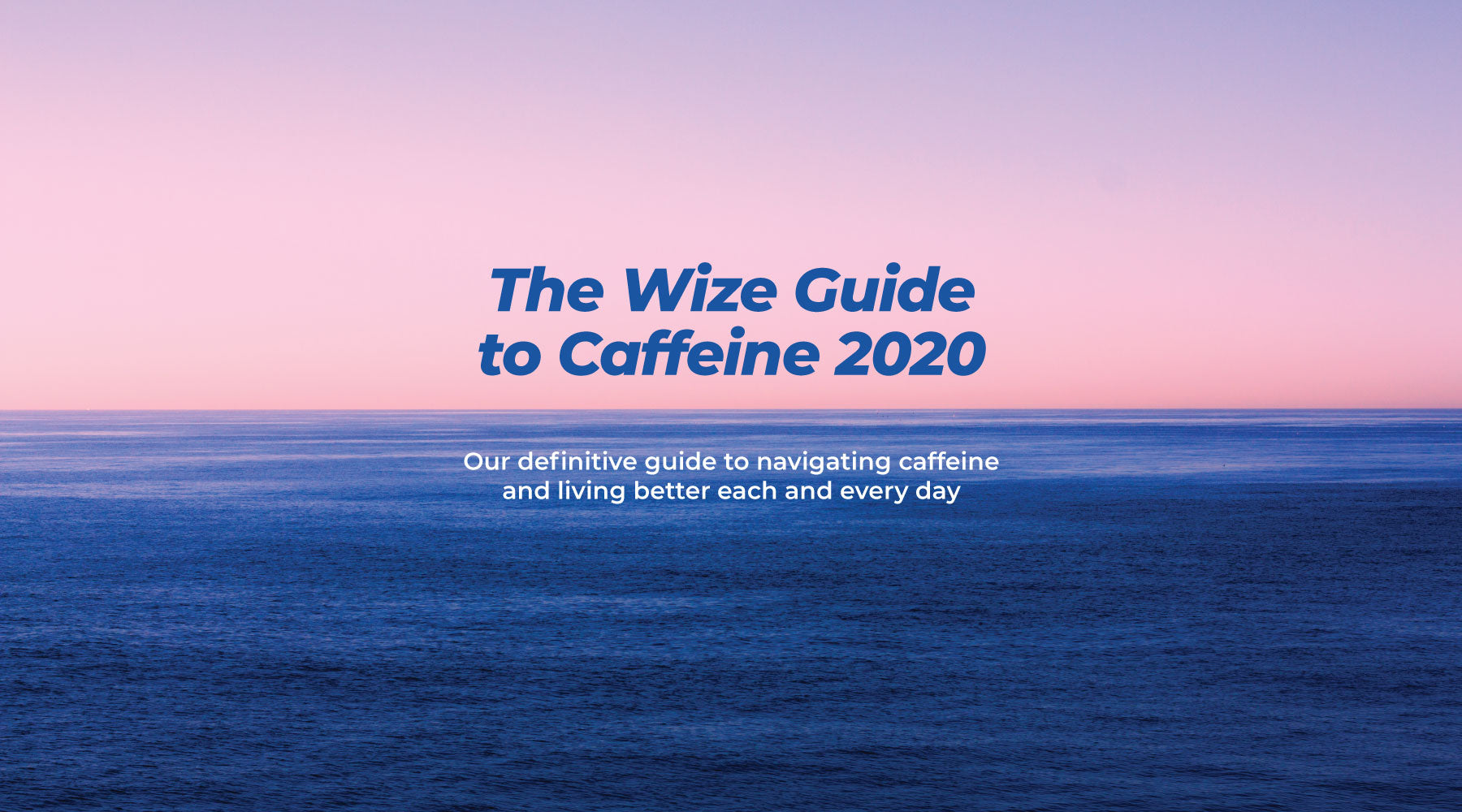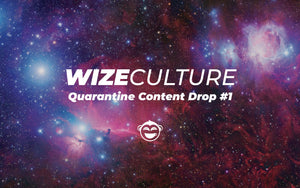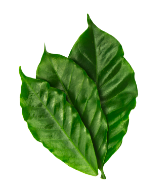After all these years of running Wize Monkey, we’ve learned a lot about caffeine and how to best manage the abundant and highly addictive drug that it is. Our intention is not to be alarmist; we’re realists about balancing the instrumental role of caffeine in day-to-day life. With the plethora of drink options available, many people still wonder where different drinks land on the caffeine spectrum. So we decided to put together a helpful guide for you to navigate this highly caffeinated world and the best ways to use it and not abuse it.
Brain chemistry is where it all happens

When your body becomes tired, your brain releases adenosine molecules that slot into adenosine receptors, which send you a signal in the form of tiredness (yawning or a general waning of energy or alertness). The concept of “listening to your body” couldn’t be more relevant in this case, as your body is telling you to get some rest. But, as humans, we’re notorious for ignoring these bodily messages because we’re busier than ever trying to keep up with a fast-paced society.
The biggest misconception about caffeine
To override this lack of energy and alertness, most of us rely on caffeine. There’s an everyday tendency to refer to caffeine as “energy itself” or to its ability to create extra energy. However, this caffeine calculus couldn't be further from the truth. Caffeine blocks adenosine receptors in the brain by emulating adenosine molecules and taking their place in the receptors. Your brain thinks the body isn’t tired, but it is. Basically, caffeine is an imposter and your brain is being tricked into thinking you’re still pepped up and ready to go, when you really need to get proper rest for your own health’s sake.
Caffeine is a drug, so let’s treat it like one!
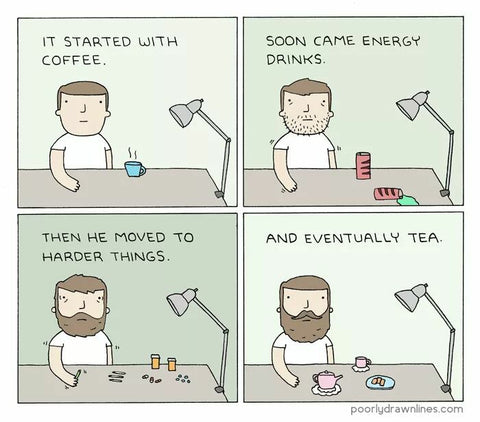
The first step to recovery is admitting you have a problem. People wear coffee addiction like a badge of honour; it’s a way to power through, be tough and productive. The funny part is that they are actually worse off by defaulting to drinking extra coffee as a replacement for conscious, healthy life habits. Over time, this approach comes with diminishing returns and a ton of side effects. So, if we can’t absolutely cut it out, then let’s manage it. Below are the main side effects of being over-caffeinated:
- Stress on the heart (increased blood pressure)
- Insomnia
- Indigestion
- Headaches
- Reduced fertility in women
- Increased anxiety
Pro tip: caffeine has a half-life of 6 hours
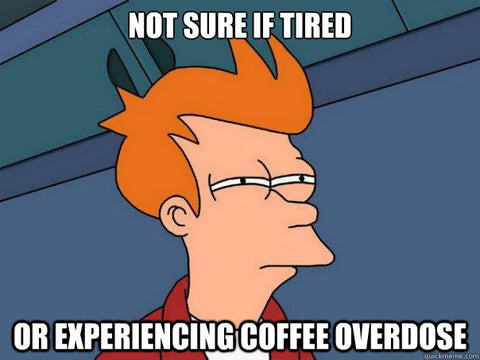
This means that when you drink a large drip coffee at 12pm noon, the 200mg you just ingested decreases to 100mg by 6pm, and then 50mg by midnight. 50mg at midnight! In the middle of the night your blood and brain still have caffeine molecules blocking your adenosine receptors, potentially affecting the quality of your sleep. This is equivalent to drinking a black tea right at midnight and trying to go to bed immediately–just why? Ask yourself the following questions next time you ingest a highly caffeinated drink: do I need to feel energetic in 6 or 12 hours? Or is it really just for the next couple hours? Use that tactic and plan accordingly.
The idea is balance

Instead of drinking 3-4 cups of coffee a day (roughly 500-800mg caffeine), enjoy one cup in the morning if you really can’t live without it, then switch to tea for your remaining daily cups. You can do a Coffee Leaf Tea after lunch to get you a fresh 25mg of caffeine and roll into the rest of the day hydrated and focused, skipping the afternoon crash. By the time you get home for dinner, your caffeine levels will be around 12mg, and by bedtime will be in the low single digits.
The adjustment period is about one or two weeks, tops
The adjustment is real: for the first few days, but then you’ll notice your ability to sleep gradually improve, your bowel movements become more regular, and some people may notice less heartburn and much less anxiety. Why ride a rollercoaster when you can float on a cloud? Pick your caffeine hits wizely, and you can take control of your habit. Your body and brain will thank you for it.
"How much caffeine am I drinking on a daily basis?"
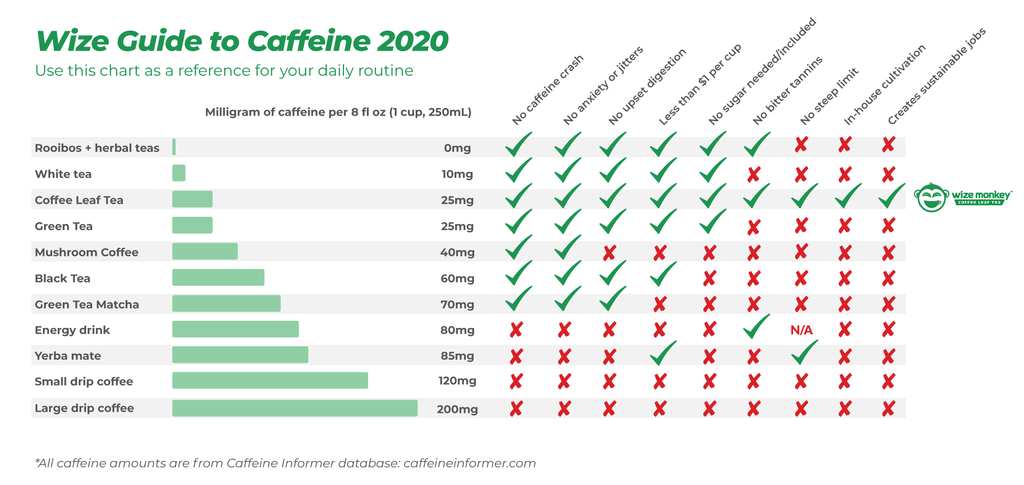
We mapped out the amounts of caffeine in common beverages you might consume on the daily. Go through them and add it up; you will be surprised how much you are consuming.
You are not a hostage to caffeine, so stop telling yourself that

Always remember, the more caffeine you ingest, the more you rely on it (yes, just like a drug). Free yourself from the dreaded "narrative of need" when it comes to coffee and energy drinks. Focus instead on achieving consistent, everyday energy and doing this well.. Less caffeine = more control of your energy levels and more predictable energy. Embrace your body and brain’s natural functions and find your new routine. This is one of the main reasons we created Wize Monkey and innovated Coffee Leaf Tea; it has the perfect amount of caffeine to get you through a few hours nice and focused, and then you can wind down without any side effects. And best of all, it helps coffee farmers make a year-round living. Now that’s Wize, isn’t it?
Looking to reset your caffeine sensitivity?
The easiest way to reset yourself without going cold turkey is to drink Coffee Leaf Tea. This will avoid the withdrawal symptoms and help you stay hydrated with an easy-to-steep drink. Check out some of our best-sellers and have yourself a cup of liquid wizdom.

